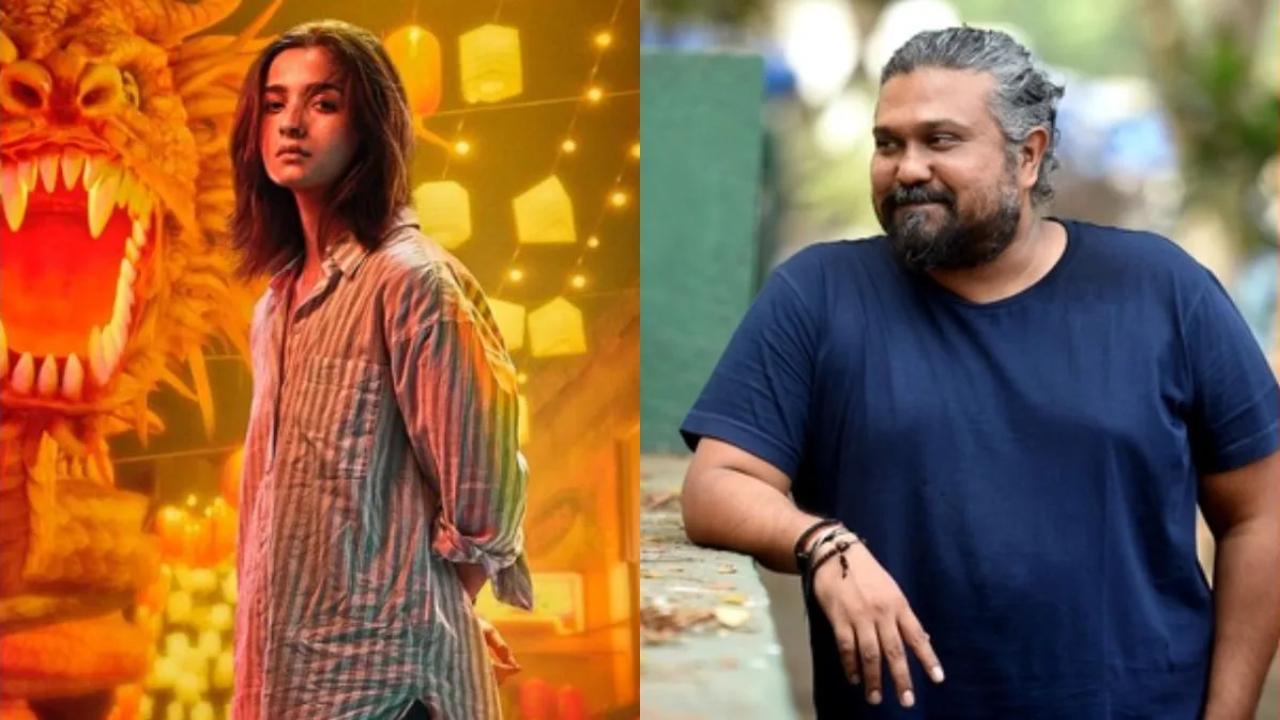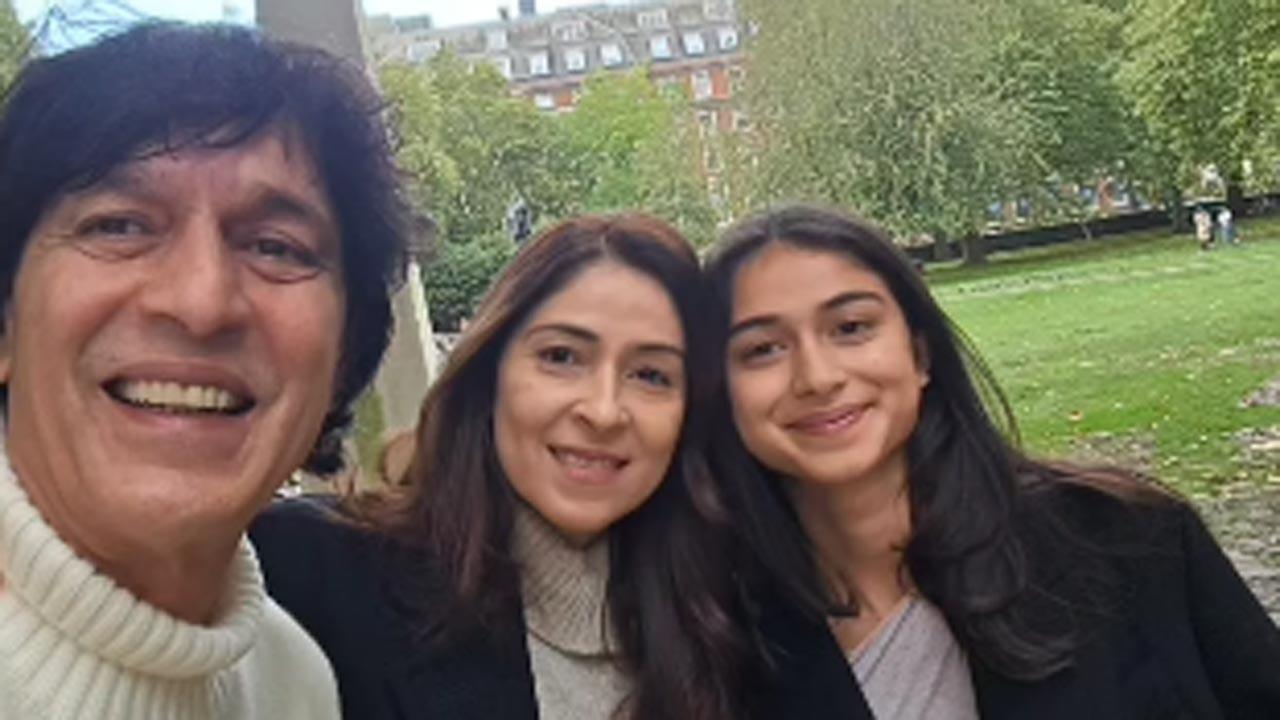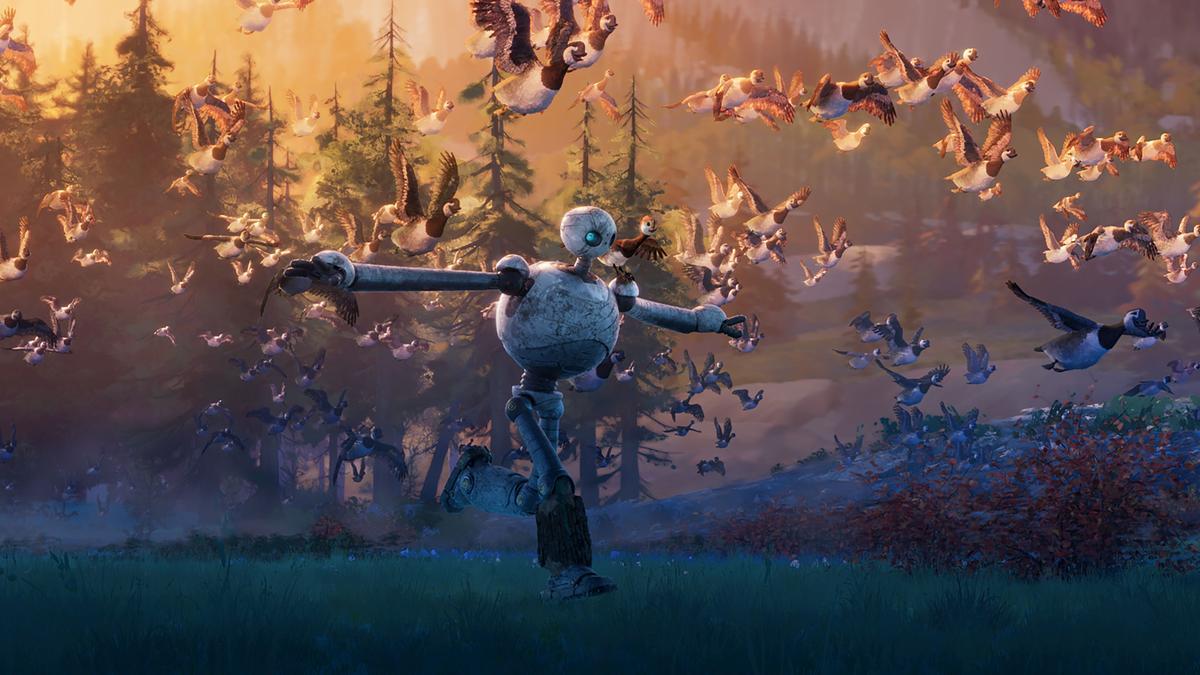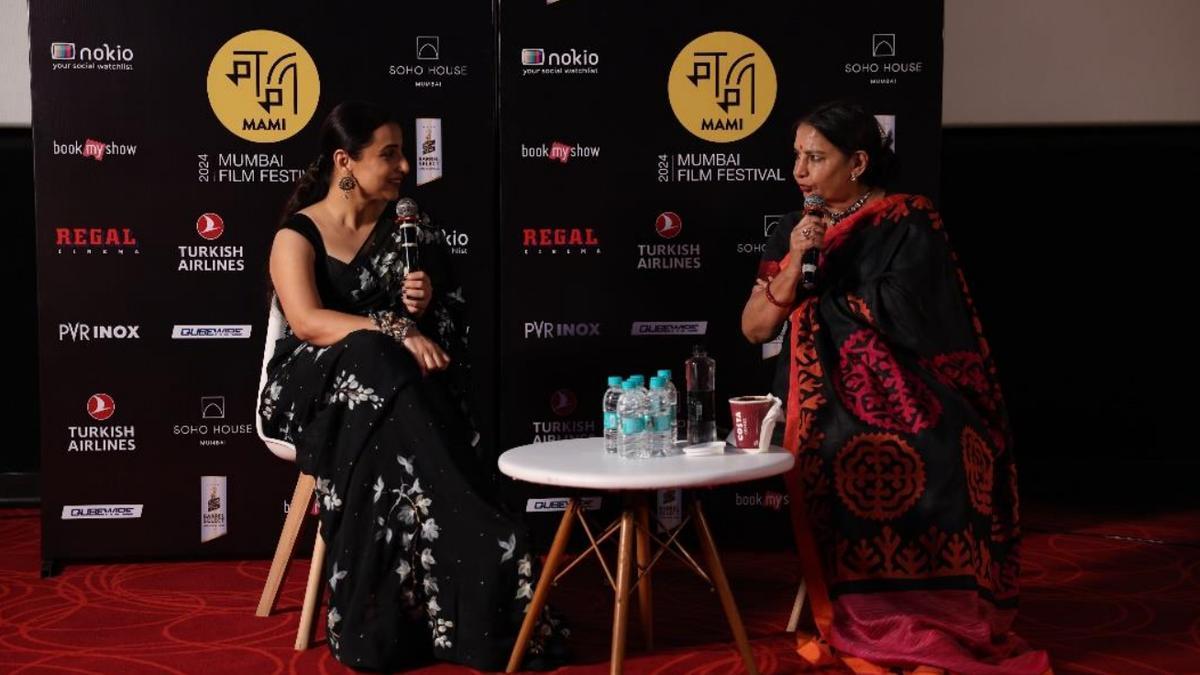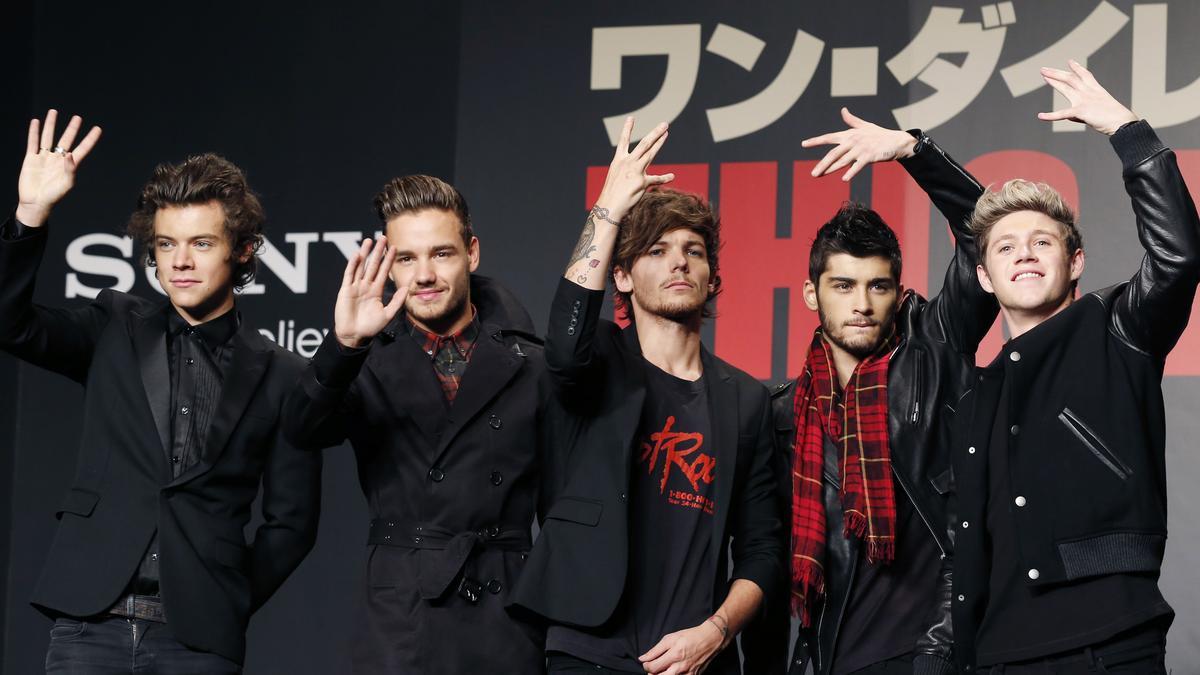
In the rapidly evolving landscape of pop music, certain voices create a lasting impact, one that resonates across generations. Liam Payne, a central figure in the iconic boy band One Direction, was one such voice. His journey with the band defined a cultural moment, marking the inception of the internet’s first global boy band phenomenon and solidifying his role as an anchoring force within it.
Liam Payne’s vocal presence was first introduced to the world in One Direction’s debut single, “What Makes You Beautiful.” The track, characterized by its catchy guitar riff and energetic cowbell, opened with Payne’s reassurance to a wide audience: “You’re insecure, don’t know what for / You’re turning heads when you walk through the door,” Payne articulated, voicing a powerful message of self-confidence to millions of listeners. His voice not only opened the doors to fans’ hearts but also bookended the band’s musical journey as the last solo voice on their final single, “History.”
Tragically, Payne’s life came to a sudden end at the age of 31. He passed away on a Wednesday evening, under untold circumstances after a fall from a hotel balcony in Buenos Aires, Argentina. While Buenos Aires police stated that Payne had jumped, details regarding the specifics or intent remain unclarified. In life, Payne was much more than just a musician; he was a catalyst in the boy band that left an indelible mark on millennial and Gen Z fans alike.
Before ascending to international stardom, the members of One Direction individually auditioned for the UK’s The X Factor. Originally solo contestants, Harry Styles, Niall Horan, Louis Tomlinson, Zayn Malik, and Liam Payne were brought together, forming an ensemble that would transcend conventional expectations. Their third-place finish in 2010 set off an unprecedented journey, as described by Rolling Stone’s Rob Sheffield. He notes, “They were sort of assigned to be together. You don’t expect longevity or even one good pop record in that situation.” Against these odds, One Direction not only flourished but reshaped pop stardom.
The band’s rise paralleled the growth of social media platforms like Twitter and Tumblr. Fans, equipped with these tools, were able to engage directly with the band members, fostering a robust community. “I honestly made a Twitter so that I could keep up with One Direction,” shares Gabrielle Kopera, a dedicated fan.
. This interactivity, enhanced by livestreams and chats, contributed immensely to cultivating the band’s personable appeal, according to Maura Johnston, a music writer and instructor at Boston College.
The early 2010s created a unique media landscape, allowing One Direction to achieve unparalleled ubiquity. Unlike today’s fragmented media environment, the period was marked by broader, mass consumption of music and culture. This accessibility, combined with the band’s unique approach – writing many of their songs, and a break from cliché choreographed performances – ensured their lasting impression on fans.
The news of Payne’s death sent ripples through the fan community, demonstrating the deep-seated connection they felt with the band. Fans converged outside Buenos Aires’ Casa Sur Hotel, where a spontaneous memorial of flowers and notes formed as a testament to Payne’s influence. “It feels like we just lost a family member,” expressed Kopera, capturing a sentiment widely shared among fans.
Payne was regarded as the sensible, older brother figure in One Direction. Even in their later years, he co-wrote notable tracks such as “What A Feeling” and “Fireproof,” honing his identity within the group. In an Instagram tribute, his bandmate Louis Tomlinson emphasized Payne’s essential role, calling him “the most vital part of One Direction.”
Liam Payne’s struggles with personal issues often made headlines, including his battle with alcoholism, by which he openly admitted and addressed through treatments. It’s a stark reminder of the pressures artists face, bringing attention to the challenges embedded within the entertainment industry.
After One Direction’s disbandment in 2016, Payne ventured into a solo career. Despite releasing an album and several singles, his solo trajectory did not mirror his previous success with the band. Acknowledging his history, Payne often included footage from his One Direction days during solo performances, embracing his past rather than distancing himself from it.
Liam Payne’s legacy, haunted by personal trials and marked by an untimely end, remains unwaveringly linked to One Direction. Fans remember the band as a cornerstone of their adolescence, a soundtrack of formative years. “When I look back on One Direction, I’m like, that was my girlhood,” Kopera reflects. For many, the memory of Payne and his bandmates will continue to evoke nostalgia and gratitude for the collective journey they shared.



